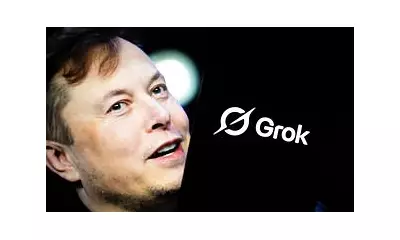
YouTube finds itself at the centre of a monumental legal confrontation in the UK, facing allegations of systematically harvesting children's personal data and tracking their online activities without appropriate consent.
The Multi-Billion Pound Claim
A staggering £2.5 billion collective action lawsuit has been filed against the video streaming behemoth, representing millions of British children who used the platform since 2015. The case alleges that YouTube collected vast amounts of sensitive information about underage users, including their location data, browsing habits, and device information.
How the Alleged Data Collection Worked
According to legal documents, YouTube reportedly employed sophisticated tracking technologies that monitored children's viewing patterns and online behaviour. This data harvesting occurred regardless of whether children were watching content specifically aimed at their age group or general audience material.
The lawsuit contends that this practice violates UK data protection laws, specifically the General Data Protection Regulation (GDPR), which mandates strict requirements for processing children's personal information.
Broader Implications for Tech Giants
This legal action represents one of the most significant challenges to date regarding how major technology platforms handle children's data. A successful outcome could establish crucial precedents for digital privacy rights and force fundamental changes in how social media and streaming services operate concerning young users.
The case comes amid growing global concern about children's online safety and privacy, with regulators increasingly scrutinising how tech companies collect and monetise user data from vulnerable groups.
What Happens Next
Legal experts suggest this case could take years to resolve through the UK court system. However, a ruling against YouTube might compel the platform to overhaul its data collection practices globally and potentially face similar legal challenges in other jurisdictions.
The outcome will be closely watched by privacy advocates, technology companies, and regulators worldwide as they grapple with balancing innovation against the fundamental right to privacy, particularly for society's youngest members.





